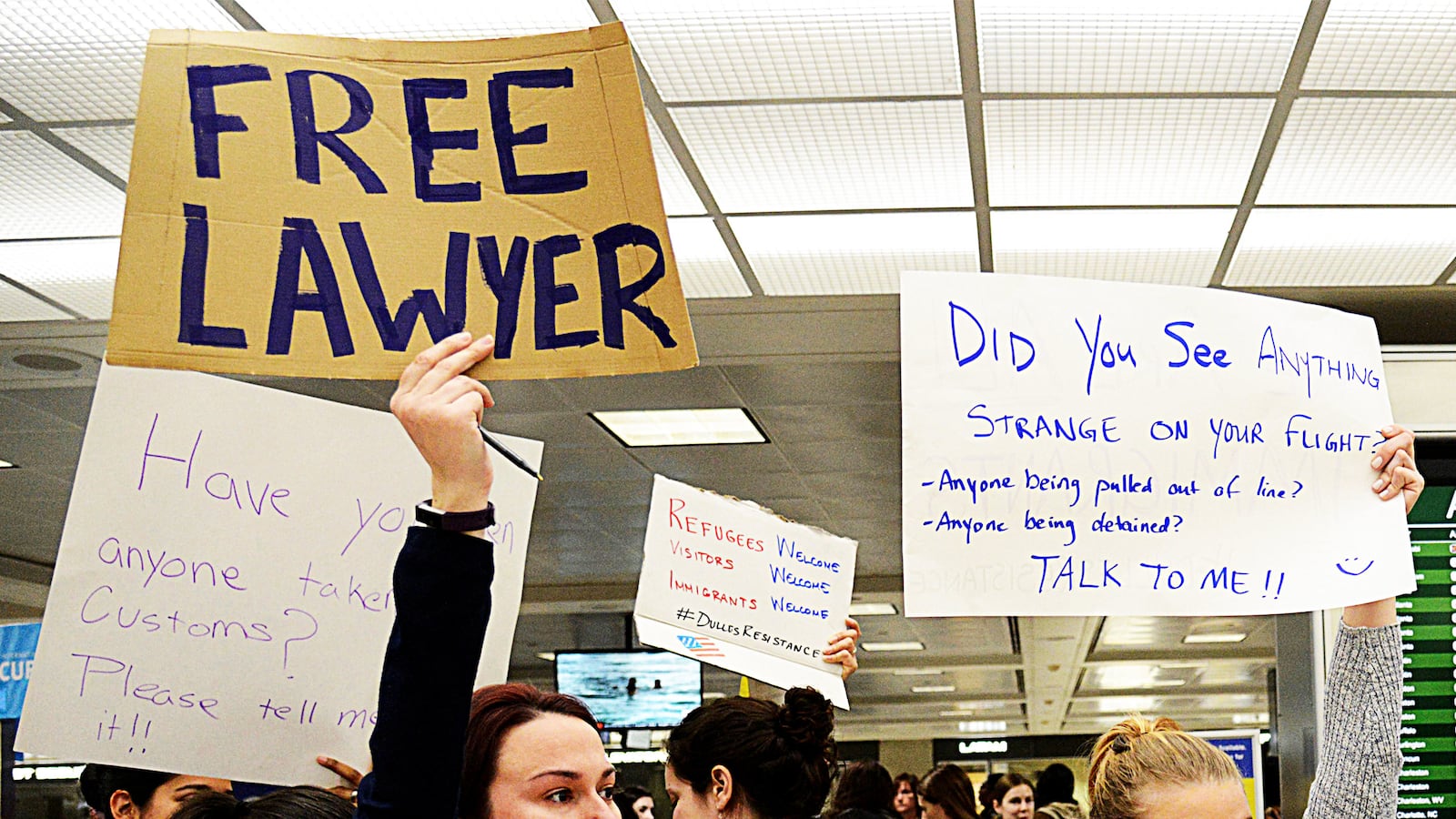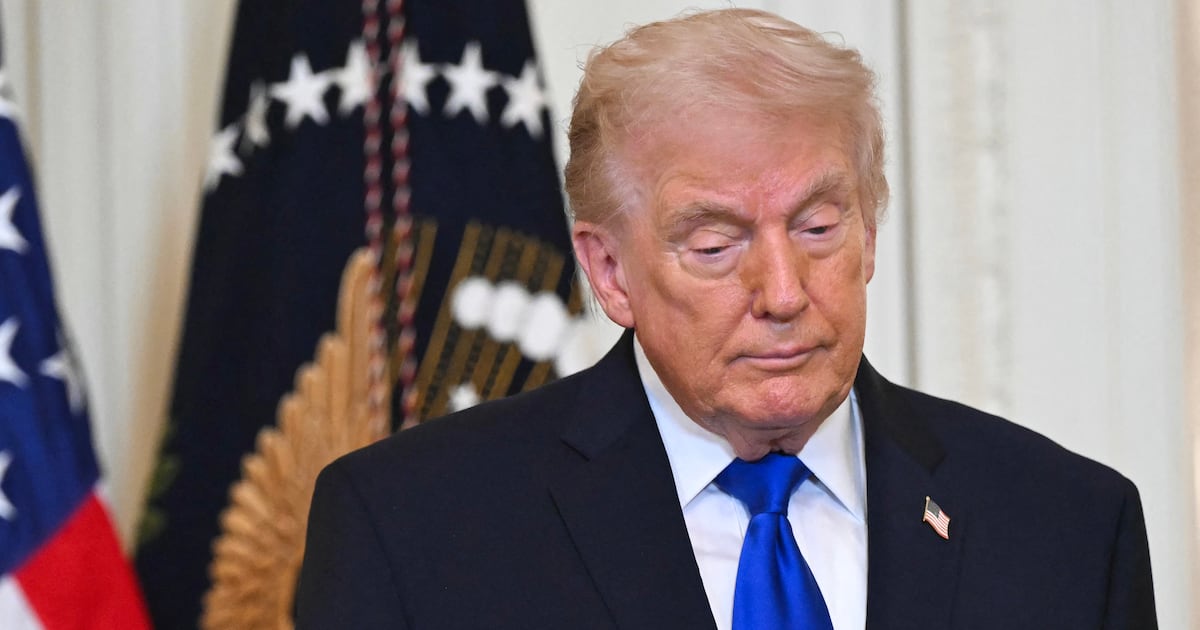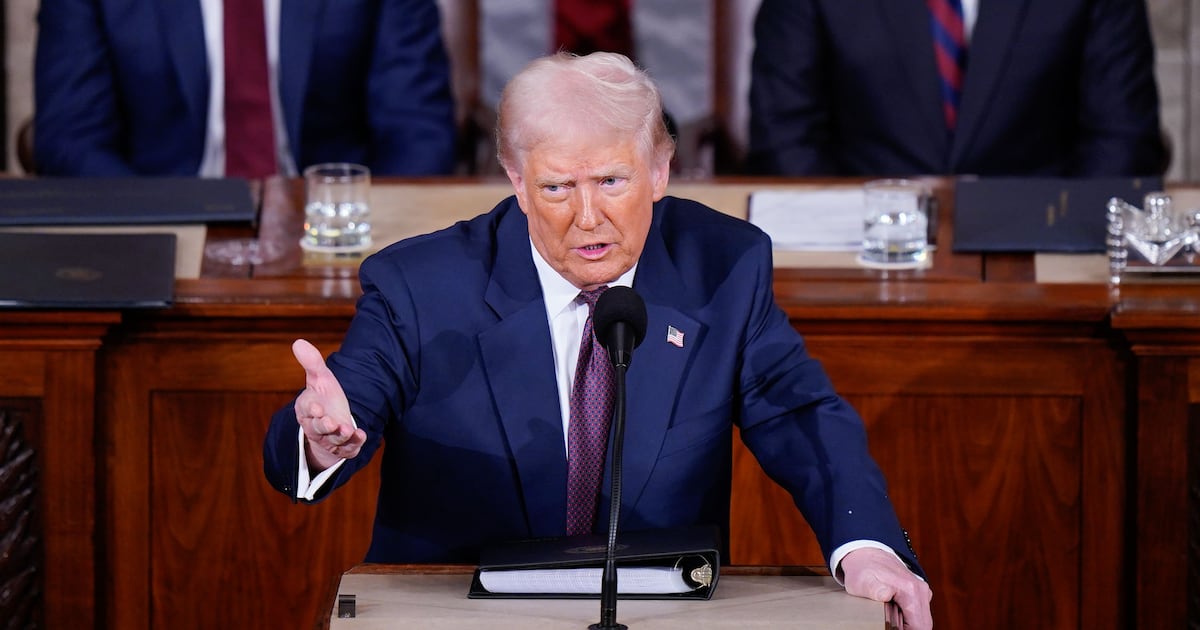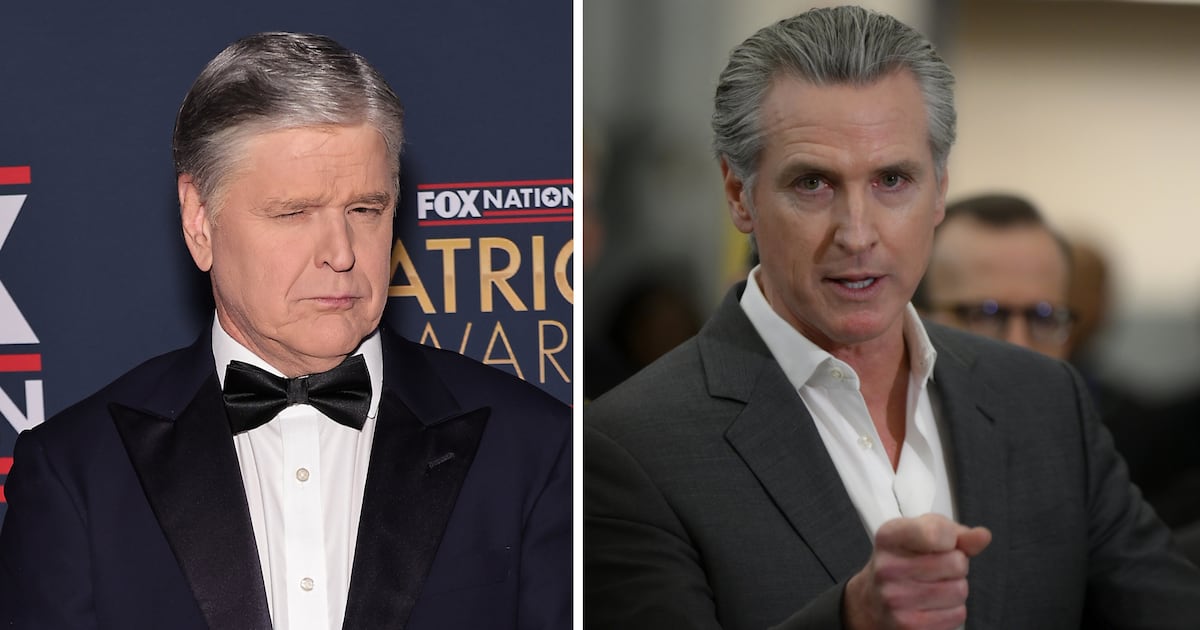The Department of Homeland Security has been ordered to appear in court to answer a complaint relating to how it treated travelers at Dulles airport in the wake of Trump’s immigrant and refugee ban.
Attorneys for some of those travelers say they have deep concerns about whether CBP officials complied with a federal judge’s order to let lawyers at the airport help travelers who were detained at Dulles airport when they arrived in the United States. It’s all part of a case that’s shaping up to be one of the first major legal tests of the Trump administration.
Judge Leonie Brinkema ordered the two sides to meet in court on Feb. 10.
And on Tuesday afternoon, Virginia Attorney General Mark Herring filed a motion to intervene in the lawsuit—meaning the state of Virginia will likely join the plaintiffs’ efforts to counter Trump’s immigration executive order.
“Virginia’s decision to intervene provides further evidence of the serious constitutional and statutory flaws in the immigration Executive Order,” said Mayer Brown partner Andrew Pincus, one of the plaintiffs’ attorneys.
At issue is the temporary restraining order Brinkema issued late in the evening on Jan. 28, requiring that lawyers at Dulles Airport have access to travelers detained there because of Trump’s executive order temporarily banning travelers from seven Muslim-majority countries and all refugees.
The volunteer lawyers who spent hours at Dulles hoping to help detainees told The Daily Beast that officials with Customs and Border Protection (CBP), which is part of DHS, didn’t let them—in what they believe was an act of defiance of Brinkema’s court order.
Sen. Cory Booker agreed with them, and called the situation a Constitutional crisis.
At least two men who were held at Dulles were bullied into signing away their rights to live in the U.S., according to a court filing. If they had access to lawyers, things would likely have been very different.
At a press conference on Jan. 31, Secretary of Homeland Security John Kelly told reporters that CBP officials hadn’t violated any court orders over the weekend. When he first made that assertion, he sounded unequivocal.
“First thing I’d say, without question, no member of the Homeland Security team ignored a court order,” he said.
“We would not ignore a court order, okay?” he added.
When asked about the specific events at Dulles—where numerous attorneys told The Daily Beast that hours and hours passed before CBP officials even gave detainees information about pro bono lawyers—Kelly seemed to temper his initial language.
“Just to be clear, to the best of our knowledge, no CBP officer knowingly, intentionally violated the court order,” he said.
Kevin McAleenan, the acting CBP commissioner, said that as soon as the court order came out, CBP officials “developed a process to give access to counsel to those who were being processed at Dulles,” by giving them that list of pro bono lawyers. That means CBP complied with the court order, according to McAleenan.
Paul Hughes, a partner at Mayer Brown who is working on the case, told The Daily Beast that there are two important factual questions regarding whether CBP actually complied: First, did CBP comply with Judge Brinkema’s order immediately, as required? And second, was their decision to give detainees a list of lawyers’ names and phone numbers sufficient for them to be in compliance with the order?
“We have deep concerns that CBP did not take any action that even they thought constituted compliance with the order until early in the afternoon on Sunday, which was 12 to 15 hours after the court issued the order,” Hughes said.
“I think Judge Brinkema’s use of the term ‘access’ implies more than simply providing a list of lawyers, but in fact providing meaningful access to those attorneys,” he continued. “So we have deep reservations as to whether or not their conduct did indeed comply with the requirements of the order.”
Volunteer lawyers who went to Dulles to try to help detainees said they were confident CBP failed to comply with the court order. Hassan Ahmad, one of those attorneys, said he wasn’t impressed with CBP’s lawyer list handout.
“I don’t think that was sufficient,” he told The Daily Beast. “I think Judge Brinkema’s order was very clear.”
If Brinkema shares that view, she could retroactively sanction CBP officials for refusing to comply with her order.
“Judges have a lot of latitude in determining sanctions,” said Ahmad. “So it’s up to her.”






